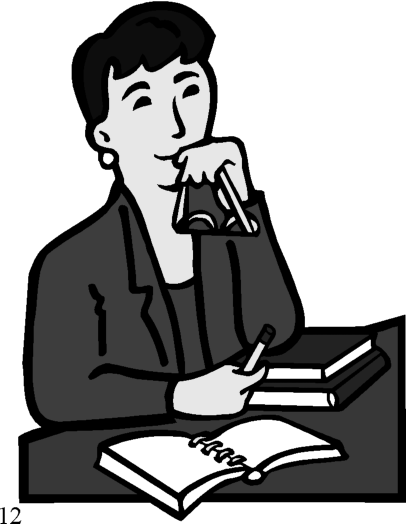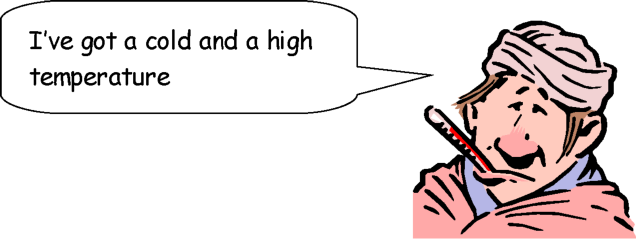 7 7  Note the following spelling changes: I watch -> she watches I kiss -> he kisses I wash -> she washes I judges -> he judges I study -> she studies I try -> he tries I do -> she does I go -> he goes Present simple questions We use the verb ‘do’ as an auxiliary when we ask questions: • Do you read a lot? • Do they live here? • Does she like her job? • Do you always arrive early? • What do you usually do in your free time? 
She has blue eyes and black hair  Unit 4 have/have got She’s got blue eyes and black hair (has got) For possession, have and have got are the same 
Have got in questions • Have you got the time? • Has she got a car? Have got in negatives • I haven ’t got a car • He hasn’t got a job  7 7  |

Новости
|
|
|
|
Последние статьи
Полезная литература
Нам интересно ваше мнение
Какой способ общения наиболее эффективный по вашему мнению?
общение на аглийском языке в группе
общение один на один с преподавателем
общение по скайпу с носителями языка
обмен сообщениями и письмами по интернету
Проголосовать

http://comtutor.ru - Семейство онлайн курсов для изучения английского языка

